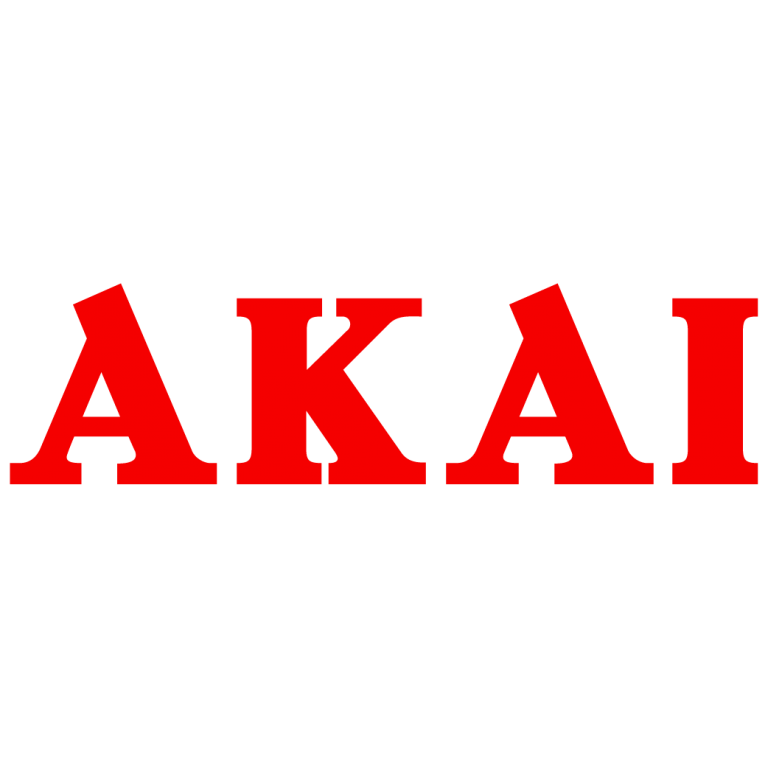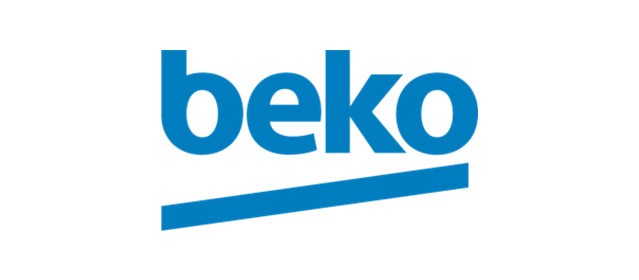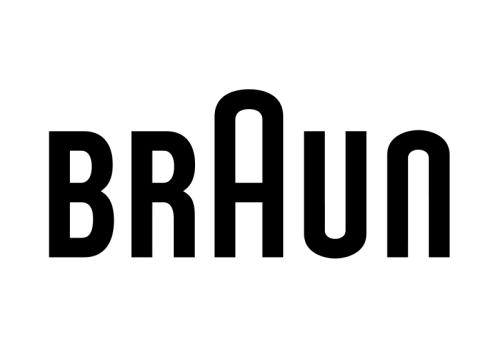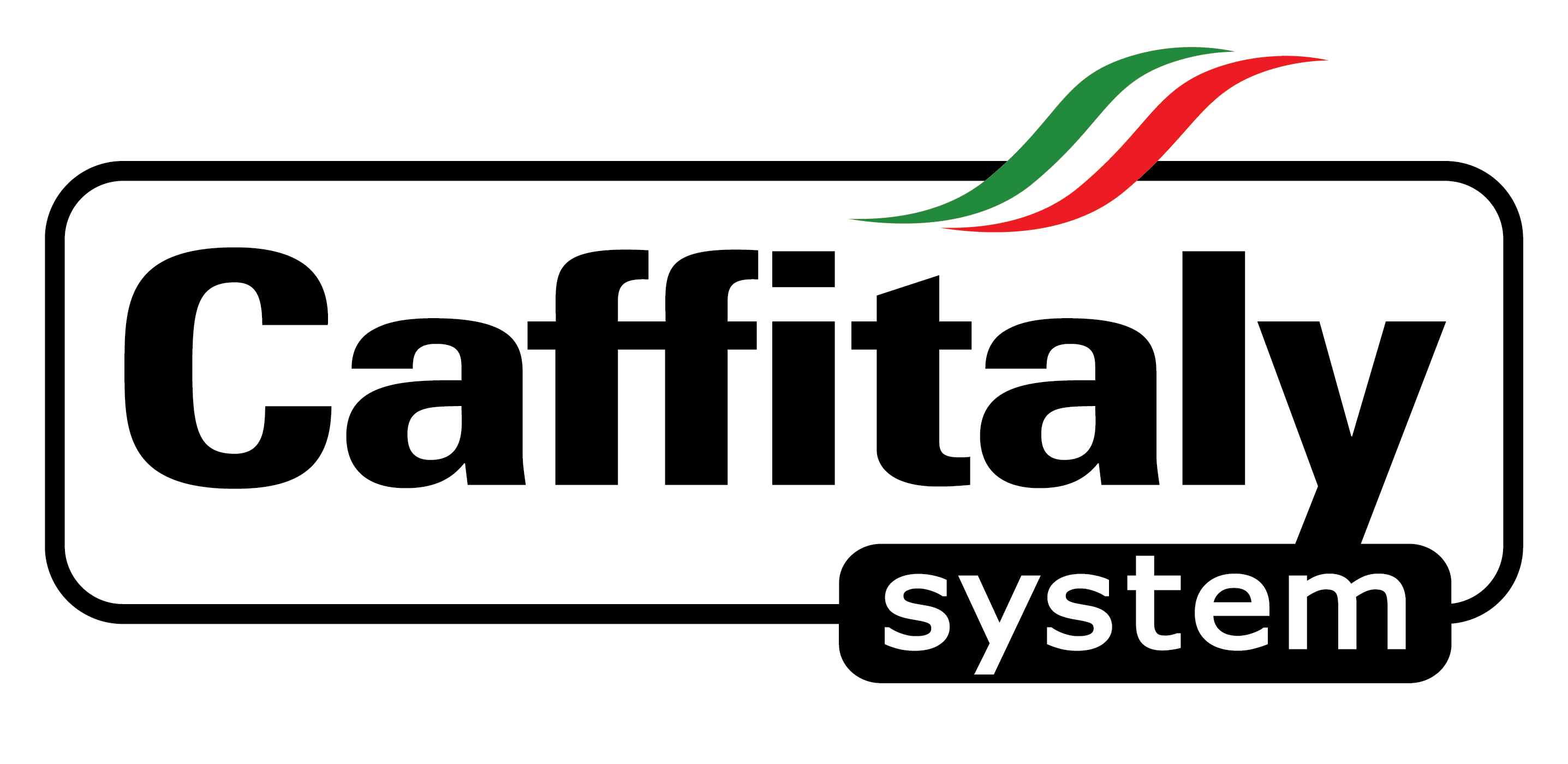How to Create a Cryptocurrency: Comprehensive 10-Step Guide
Content
- Your Assistants: Popular Cryptocurrency Platforms
- Step 5: Establish Your Blockchain's Internal Architecture
- How much does it cost to build a cryptocurrency?
- Cryptocurrency Creation: A Step-by-Step Guide
- Create a New Cryptocurrency on an Existing Blockchain
- Top Players in the Cryptocurrency Market
- Do I Get a Developer or Build It Myself?
If you decide to make your own cryptocurrency, make sure to use our information only as a starting point. Beyond creating the token or coin, you also need to think about making it a success post-launch. Studying other projects and their launches to see what worked well and what didn’t can help with creating your own cryptocurrency. Creating a new coin can take a lot of how do you create cryptocurrency time if you develop your own blockchain.
Your Assistants: Popular Cryptocurrency Platforms
This use case, as outlined in the whitepaper, will determine the type of blockchain and technology you will use. There are many things to grasp before you start the complex process of designing your crypto. Just like any digital real estate on the web, you’re going to need to market the new asset effectively to ensure it gains traction and gets adopted by a community. Korea https://www.xcritical.com/ banned cryptocurrency margin trading and ICOs for coins and tokens registered as securities. And when it comes to laws, if a cryptocurrency constitutes security, it falls under corresponding regulations of Federal Law. Futures and contracts of cryptocurrencies that include commodities fall under the Commodity Exchange Act.
Step 5: Establish Your Blockchain's Internal Architecture
The first cryptocurrency introduced was Bitcoin, the most commonly traded one. Ethereum is the second most valuable cryptocurrency and can be used for complex transactions. Other more common cryptocurrencies, called altcoins, include Cardano, Solana, Dogecoin, and XRP.
How much does it cost to build a cryptocurrency?
Hopefully you can leave this guide with a better understanding of cryptocurrency and how it works. On Binance Academy, you'll find a huge variety of articles, ranging from beginner's guides to overviews of more advanced topics. Centralized payment services, on the other hand, can freeze accounts or prevent transactions from being made.
Cryptocurrency Creation: A Step-by-Step Guide
Yes, compliance with regulatory laws is essential when creating a cryptocurrency, especially regarding securities regulations and anti-money laundering (AML) requirements. It’s crucial to understand the legal implications of your cryptocurrency project and ensure compliance with relevant laws and regulations. Creating your cryptocurrency as a token allows you to make cryptocurrency without dealing with the complexities of blockchain development. Besides, creating a token instead of a coin leaves room for interoperability, that is, building your token on multiple blockchains.
Create a New Cryptocurrency on an Existing Blockchain
”, the answer is "Agilie team would be happy to offer the services". You can think of them as ordinary coins in your wallet or piggy bank. Can you create your own crypto coin without a pre-prepared project concept?
Top Players in the Cryptocurrency Market
Despite its volatility, Bitcoin has proven to be a valuable asset, with its price reaching new heights and its adoption increasing worldwide. You’ll need experts in blockchain technology, cryptography, software development, law, and marketing. In conclusion, creating your own cryptocurrency can open up a world of possibilities. However, it’s important to note that it also comes with challenges and responsibilities. It requires a deep understanding of blockchain technology, careful planning, and compliance with legal and regulatory standards. With the digital revolution in full swing, cryptocurrencies have become a cornerstone of the modern financial landscape.
What to Do After Creating a Token
It’s not just a document; it’s the roadmap that tells everyone—investors, developers, and the wider community—what the project is all about. This paper is a key player in building trust and showing that the project is transparent and credible. It’s where the nitty-gritty technical stuff, economic plans, and unique project details all come together to tell a story. A coin operates independently on its native blockchain, functioning as a currency within that ecosystem.
Do I Get a Developer or Build It Myself?
Countries around the world have their own laws and rules regarding cryptocurrencies. Consider fully your legal obligations and any compliance issues you might face. You could also look at sidechains that use the security of a larger chain like Ethereum or Polkadot but also provide some customization. The Polygon Network is attached to Ethereum and provides a similar experience but is cheaper and faster to use. A token will usually be enough for Decentralized Finance (DeFi) applications or play-to-earn games.
However, with perseverance and creativity, your cryptocurrency can potentially revolutionize the digital currency industry. Creating a new cryptocurrency is completely legal across countries, apart from a few exceptions (such as Ecuador, Bolivia, Bangladesh, and Kyrgyzstan). Cryptocurrency is digital money that doesn’t require a bank or financial institution to verify transactions and can be used for purchases or as an investment.
As you see, creating a coin involves more technical complexity and control over the monetary policy, but also more responsibility for maintaining the blockchain and complying with regulations. Creating a token is technically simpler and can offer more flexibility in terms of what the token represents, but it also depends on the parent blockchain for security and functionality. Creating a cryptocurrency can enable the tokenization of assets, where real-world assets like real estate or art are represented as digital tokens on a blockchain.
Cryptocurrencies and decentralized digital assets, like NFTs, are being applied in an ever-growing number of blockchain-powered industries. These include decentralized finance (DeFi), Web2 and Web3, the Internet of Things (IoT), and Artificial Intelligence (AI). Each of these sectors is rapidly adopting crypto technology, pushing the boundaries of how digital assets can be used.
- Collaborate with reputable influencers, avoiding pump-and-dump shillers, and explore Initial DEX Offerings (IDO) launchpads for exposure.
- This is only the beginning of what someone needs to know about how to create a cryptocurrency.
- Every cryptocurrency goes through a rigorous due diligence process, and you'll need to update Binance regularly of your progress during the application.
- Solanabased projects often use SPL tokens, such as SERUM and USDC, created on the Solana blockchain for specific purposes.
- There are also some third-party blockchain API providers who can help with this step.
You should come up with something of your own (something unique) to survive in the cryptocurrency market. By the way, take a look at the map illustrating the legality of crypto coins, it may be useful to you. Well, anyone can develop an altcoin, but only a few are capable of making it successful and liquid. To be among the lucky ones, you should take your time, weigh the pros and cons, figure out how to get around possible pitfalls, and much more. According to statistics, over the past decade, 4K+ new coins have appeared on the market, and the figure keeps growing. Although Bitcoin and Ethereum are still topping the popularity list, it's not too late to do your best to challenge them.
An external audit company would be able to help you with this task. The team you hire will analyze your project and advise on the best way to ensure its legitimacy. Of course, in the case of money transfers (including blockchain-based ones), cyber fraud is the main weak point. So imagine yourself in the shoes of a hacker trying to infiltrate your cryptocurrency system.
Creating a new cryptocurrency takes know-how, time, and the desire to create something that people will want to own and use. Thorough testing is critical to ensure the security and functionality of your cryptocurrency. This involves vulnerability testing, stress testing, and security audits by reputable firms. Although creating a cryptocurrency offers several benefits, there are several regulatory concerns. Legal compliance and regulations around licensing, fraud, and financial crime risks are unclear in most countries.
Make use of a testnet to ensure that everything works as planned and ideally cooperate with a whole development team to build your blockchain. For a token, you'll need to pick the blockchain to mint your crypto on. BSC and Etheruem are popular options, but sidechains can also be a good idea. To create your own coin, you'll need to think about designing or hiring someone to create a custom blockchain. Tokenomics are the economics that govern your crypto, like total supply, distribution method, and initial pricing. A good idea can fail if the tokenomics aren't correct and users aren't incentivized to purchase the cryptocurrency.

































